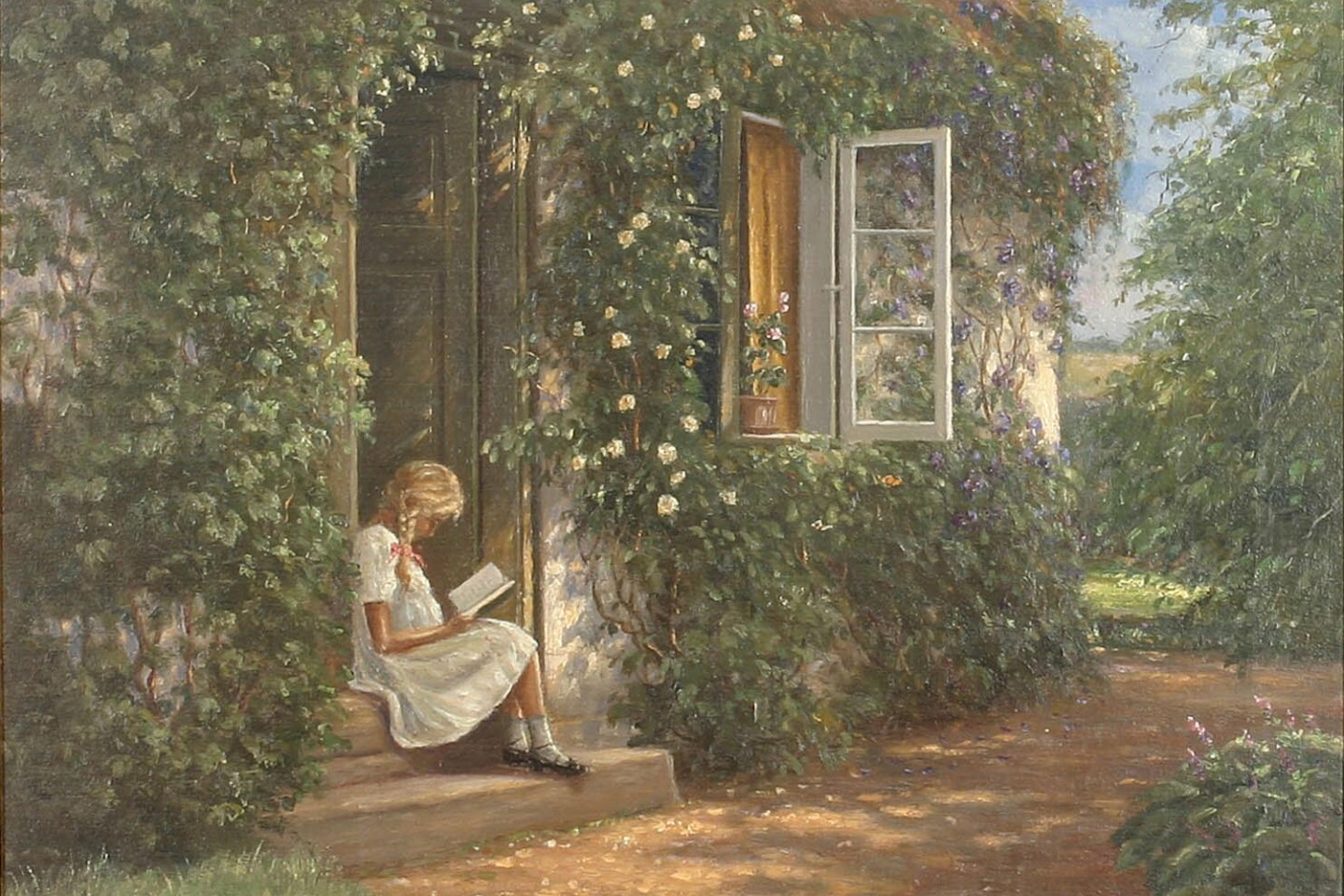
Develop Summer Reading Assignments for Adults
Time to read outside without cold fingers, ditching coats and cardigans while reading on a bar patio, and turning my thoughts to a long-time favorite: summer reading.
It’s a concept we have to define in order to discuss it. I don’t mean summer reading in the beach and blockbuster sense. I mean more like in elementary school: reading what you did all summer, maybe—sort of?—as school homework. When I was a kid, it was like being told to do something that I wanted to do. “Read more? Cool!” It was a delightful non-challenge, like we’re supposed to collect gold stars in our construction paper folders for every fairy tale we read. I would use up every gold star in the school if they let me.
What I want now from my summer reading is a little different.
Summer can be blurry, more concepts than actions, and it holds the same shape year-round. Summer is perfect for long walks at dusk, drinks on the balcony, warm backyards, and incredible sunsets, standing close enough to the falls to get slightly drenched on the hike back to the car. But it could also be good wishes disappearing in the sweaty haze of an iced coffee mug, remembering to keep the windows shut when it’s about 65 degrees outside, or feeling like you should take advantage of something – Frozen! New Ice Cream Flavors! Outdoor events and rooftop dinners! – when you just don’t always have the energy or funds to do more than gaze longingly at the outdoors.
I want to get a sense of purpose from my summer reading. A theme or intent, a project, a small reading assignment. Things that need attention, such as plans for travel.
Do you have to make a summer reading plan? Of course, you don’t have to. Read at random; read blockbusters; read the genres you don’t read the rest of the year, the genres that don’t align with your spring, winter, and fall readings. Read magazines and articles and all those fun tabs you keep wanting to close (I have tons of tabs open and even more articles saved in Instapaper). Or give yourself homework with me.
I like to read on topics. When I don’t live in New York, I love books about New York City; when I live in New York, I love books about my hometown. I love books about places I want to go and books about places I’ll never go; I love reading lists that string together books originally written in different languages or published in different countries. You can make a project out of anything if you want.
My plan for this summer is to read whatever I want to write.
I hasten to add that this is not a column about writing. But here is my sample project, the framework for my summer reading list. Maybe you want to read a science fiction author in translation, or every book that won a Hugo Award for Best Novel, or a book by an overlooked female author of the ’80s. You choose your project. Only you can figure out what you want from it.
This is the first step: what do you want to read? Are you looking for a specific type of author? Topic trends? Retellings, epic fantasy, intimate sci-fi, climate crisis books, or anything set on a faraway planet? Finding family or loners? International writer or writer from your own country, state, or city? I like to list my parameters in a list. What I want now is:
- Using fairy tales and/or myths or stories related to them
- Stories about (young) women coming together
- The Journey of Self-Discovery Is Actually a Journey Books
- The story takes place in a small community
- Books with subtle but omnipresent magic
- The role of confronting what they have been avoiding
- Not Super Plot-Driven “Quiet” Books
- Winter atmosphere, snow, forest, summer solstice
Some people don’t like to read anything they write, but I’m at a point right now where I want to swim in a similar ocean – if one was full of weird currents and something bigger and better than me: “The bigger your artistic life,” Matt Bell writes in Refusal to Finish, “the more possibilities your imagination can generate.” Ursula K. Le Guin in The Craft of the Helm writes: “A writer who wants to write well needs to read well. If you don’t read widely now, or only read fashionable writers, your idea of what English can do will be limited.”
Since my to-be-read shelf may already be overstuffed, that’s where my summer reading research begins; I’ve bought a few books for this purpose over the past few years, but just… haven’t read them. However, now is the time. Although I probably don’t want to admit how many books like this I have collected. Here are some that seem to fit the bill:
- Slow Salt by Julia Armfield
- Love by Angela Carter
- The TidesIt seems that some of the text got cut off at the end. Here’s the full corrected article:
Time to enjoy reading outside without cold fingers, ditching coats and cardigans while reading on a bar patio, and turning my thoughts to a long-time favorite: summer reading.
It’s a concept we have to define in order to discuss it. I don’t mean summer reading in the beach and blockbuster sense. I mean more like in elementary school: reading what you did all summer, maybe—sort of?—as school homework. When I was a kid, it was like being told to do something that I wanted to do. “Read more? Cool!” It was a delightful non-challenge, like we’re supposed to collect gold stars in our construction paper folders for every fairy tale we read. I would use up every gold star in the school if they let me.
What I want now from my summer reading is a little different.
Summer can be blurry, more concepts than actions, and it holds the same shape year-round. Summer is perfect for long walks at dusk, drinks on the balcony, warm backyards, and incredible sunsets, standing close enough to the falls to get slightly drenched on the hike back to the car. But it could also be good wishes disappearing in the sweaty haze of an iced coffee mug, remembering to keep the windows shut when it’s about 65 degrees outside, or feeling like you should take advantage of something – Frozen! New Ice Cream Flavors! Outdoor events and rooftop dinners! – when you just don’t always have the energy or funds to do more than gaze longingly at the outdoors.
I want to get a sense of purpose from my summer reading. A theme or intent, a project, a small reading assignment. Things that need attention, such as plans for travel.
Do you have to make a summer reading plan? Of course, you don’t have to. Read at random; read blockbusters; read the genres you don’t read the rest of the year, the genres that don’t align with your spring, winter, and fall readings. Read magazines and articles and all those fun tabs you keep wanting to close (I have tons of tabs open and even more articles saved in Instapaper). Or give yourself homework with me.
I like to read on topics. When I don’t live in New York, I love books about New York City; when I live in New York, I love books about my hometown. I love books about places I want to go and books about places I’ll never go; I love reading lists that string together books originally written in different languages or published in different countries. You can make a project out of anything if you want.
My plan for this summer is to read whatever I want to write.
I hasten to add that this is not a column about writing. But here is my sample project, the framework for my summer reading list. Maybe you want to read a science fiction author in translation, or every book that won a Hugo Award for Best Novel, or a book by an overlooked female author of the ’80s. You choose your project. Only you can figure out what you want from it.
This is the first step: what do you want to read? Are you looking for a specific type of author? Topic trends? Retellings, epic fantasy, intimate sci-fi, climate crisis books, or anything set on a faraway planet? Finding family or loners? International writer or writer from your own country, state, or city? I like to list my parameters in a list. What I want now is:
- Using fairy tales and/or myths or stories related to them
- Stories about (young) women coming together
- The Journey of Self-Discovery Is Actually a Journey Books
- The story takes place in a small community
- Books with subtle but omnipresent magic
- The role of confronting what they have been avoiding
- Not Super Plot-Driven “Quiet” Books
- Winter atmosphere, snow, forest, summer solstice
Some people don’t like to read anything they write, but I’m at a point right now where I want to swim in a similar ocean – if one was full of weird currents and something bigger and better than me: “The bigger your artistic life,” Matt Bell writes in Refusal to Finish, “the more possibilities your imagination can generate.” Ursula K. Le Guin in The Craft of the Helm writes: “A writer who wants to write well needs to read well. If you don’t read widely now, or only read fashionable writers, your idea of what English can do will be limited.”
Since my to-be-read shelf may already be overstuffed, that’s where my summer reading research begins; I’ve bought a few books for this purpose over the past few years, but just… haven’t read them. However, now is the time. Although I probably don’t want to admit how many books like this I have collected. Here are some that seem to fit the bill:Slow


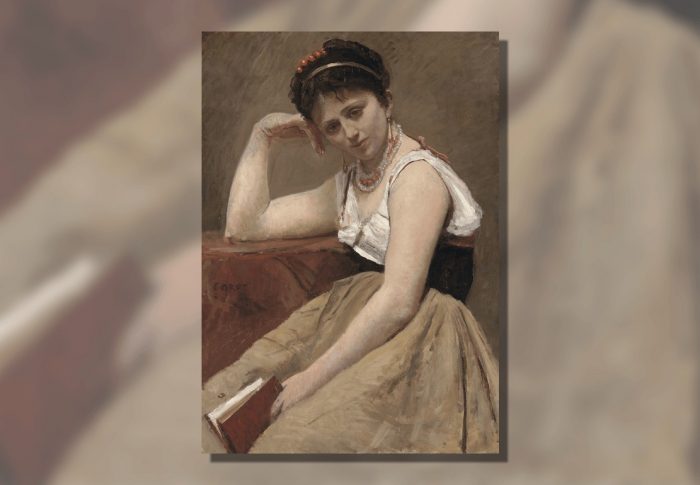
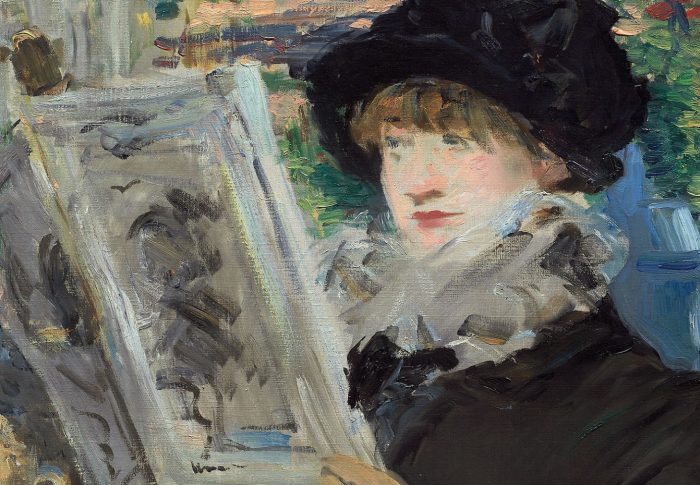
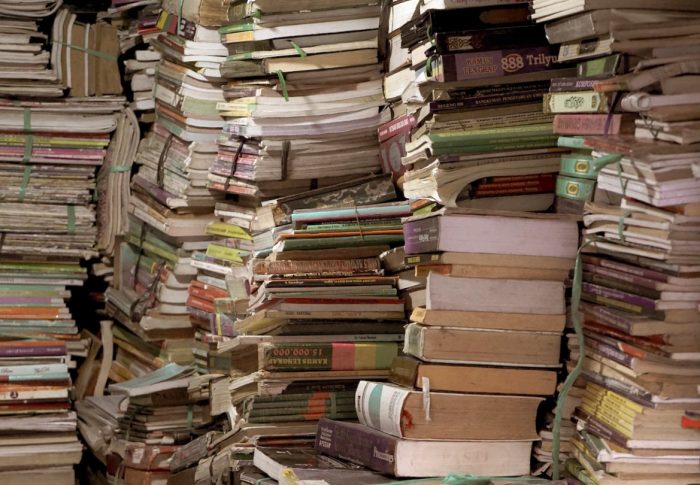
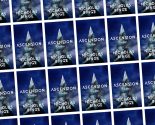

Tagged book lovers, community, finding readers, neglected books, online